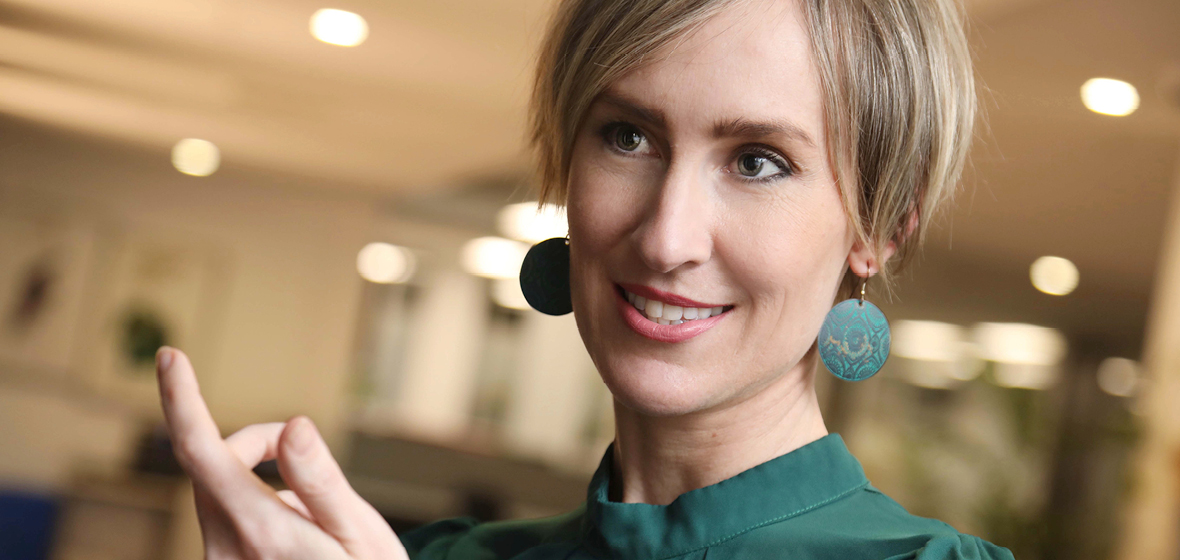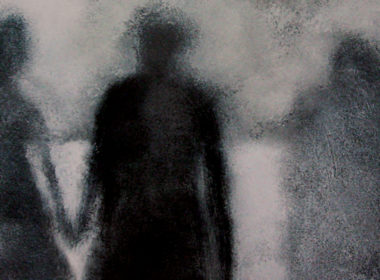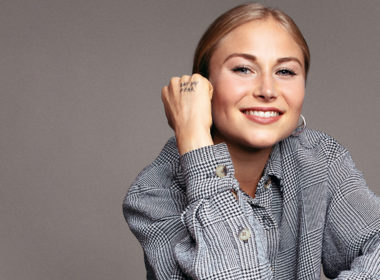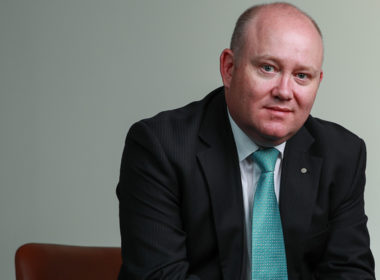“It is my natural setting to be curious about different people’s points of view, and I genuinely feel that in most cases people are engaged in these conversations and debates for what they feel is the right reason.”
The last 12 months have been immensely challenging for all Australians. LSJ looks beyond the legal profession to unearth valuable leadership lessons from those shining through the mire.
HAYLEY FOSTER: CEO Rape and Domestic Violence Services Australia, former CEO Women’s Safety NSW
In a role responding to the scourge of domestic violence, Hayley Foster remains an eternal optimist.
Inside a common meeting room in her inner-Sydney share space office, she evokes a recent article published in Ireland, declaring 40 per cent of respondents did not know of or understand coercive control; the psychological torment, power and control stamped on victims inside their own home.
“And I thought, this is actually a really good news story, because it means 60 per cent of people feel they have a working knowledge of what coercive control is, and that’s after a very short time of it being in the public discourse,” she tells LSJ.
“I think it’s really important as well to recognise we are making really great progress all the time, rather than constantly talking about all the things that are wrong or the things that we are failing at. We are seeing more and more women who are reading and watching and thinking, ‘Gosh, that’s me’. They are proactively contacting services for the first time after five, 10, 15, 20 years of abuse. They are recognising this, and the power of that is phenomenal.
“Awareness is growing rapidly, and I think that’s a very good thing.”
Foster departed Women’s Safety NSW, a peak body for frontline domestic violence services across the state, earlier this year to take over as CEO for Rape and Domestic Violence Services Australia, after almost three years in the role.
One of her first acts had been to change their name from the Women’s Domestic Violence Court Advocacy Service NSW to something more befitting of their primary role responding to women experiencing domestic and family violence. It was an early step in the former corporate finance worker making good on a vow made during her job interview.
“I literally rocked up to the interview and I looked at the three amazing giants of women, who were on the panel, and I just looked at them and said, ‘This is my job. You have to give me this job.’ And then I proceeded to tell them exactly why. I already knew I could do something with this and really make a difference,” she tells LSJ.
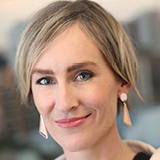 Hayley Foster
Hayley Foster
“I think everybody always knew I would be doing something social justice orientated. I was previously working in finance 14 or 15 hours a day just to meet my sales targets because I didn’t want to focus on high net worth clients, I wanted to focus on people who actually needed help.”
Addressing domestic abuse often seems an insurmountable challenge. Lives stolen in sickening acts of brutality. Cries for help unanswered, dismissed or stranded ashore from a finite funding pool. Another week typically brings another photo of a woman lost to this crisis of violence that is the leading preventable contributor to death and illness for women aged 18 to 44.
Does the job ever feel overwhelming to Foster? “Always. But it’s all worth it.”
“It would be too egotistical to say I take it personally each time we lose another woman or a child to domestic violence, but I do think there is a deep sense of failure on those days,” she says.
“I always remind myself as well that it’s not just the women and children who have been killed; it’s the thousands of women in this country who are currently living behind closed doors with this and are terrorised and trapped. It’s for them that we try to work, as well as trying to save people’s lives.
“There are times when it has been harder than others. For example, when a woman is killed, and it’s found that it was because of a particular failing in our service system or in our laws as to why she was unable to access safety. There have been a few cases like that recently where we have been advocating for those changes, those changes haven’t happened quick enough, and as a result it feels like we could have avoided it.”
LSJ meets with Foster the week after NSW Parliament held public hearings into coercive control. Many legal associations, including the Law Society of NSW, support the idea of a new standalone offence to address the psychological violence that all too often is a precursor to murder. Criminalisation does not have unanimous support, but Foster is undeterred and interested, always, to hear from those who disagree with her.
“It is my natural setting to be curious about different people’s points of view, and I genuinely feel that in most cases people are engaged in these conversations and debates for what they feel is the right reason,” she says.
“We do get constant engagement from those who feel there might be too much of a focus on women, or a concern with the path we are taking with coercive control.
“I also try to look for the common ground, constantly, and you don’t always get there. But in a large majority of cases you do. That’s the important part of trying to engage those who don’t see things your way, and really respect where they are coming from.”
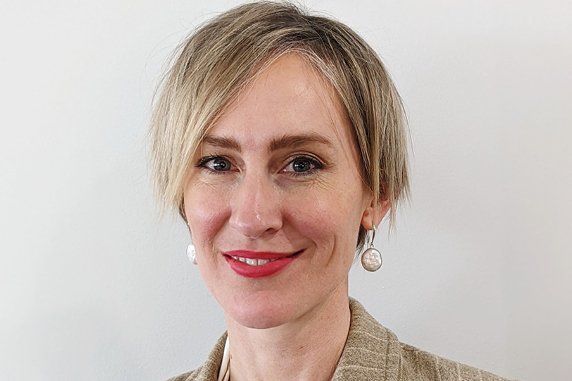
During the COVID recession, charity donations were among the hardest hit as households and businesses trimmed their budgets. As state and federal government poured billions into pandemic stop-gap measures, those in the not-for-profit sector were fighting for every dollar, at a time when an unprecedented number of people scrambled to them for help.
“It’s really challenging in the resource environment. It’s literally myself and one other full-time equivalent that we have funding for, and we also have volunteer staff and pro bono support. We run off the smell of an oily rag, and our list of things we want to achieve is endless,” she says.
“Securing a significant frontline investment during COVID was hard-fought and hard-won. We understand there are finite resources, but when you’re working in a field like this, it’s difficult to swallow that.”
In a single day, Foster can be called upon (literally) to provide high-level policy and strategic advice, give media interviews on the women’s issue of the day, and ensure the organisation’s membership feels adequately supported and heard. Yet sometimes the phone rings and that pivoting dissolves, leaving Foster on one end of her mobile, frozen to the spot.
“I might be on the phone to the Commissioner or the Chief Justice of the Family Court one minute, then on the phone to [ABC radio presenters] Wendy Harmer or Fran Kelly, and then have a phone call from a client about a crisis they are in right now. I can’t hang that call up. I have to be entirely present and switch over into that mode of being completely there, supportive and problem-solving,” she says.
“The amount of letters and emails and phone calls we get from victim-survivors saying ‘you’re making such a difference and thank goodness for you, we feel like we have a voice’; those things are really important at keeping you on your feet when sometimes you feel like you’re knocked down.
“Because that’s why we are here and if we stay true to that, then we are going to be okay.”
Photo credit: Belinda Mason

